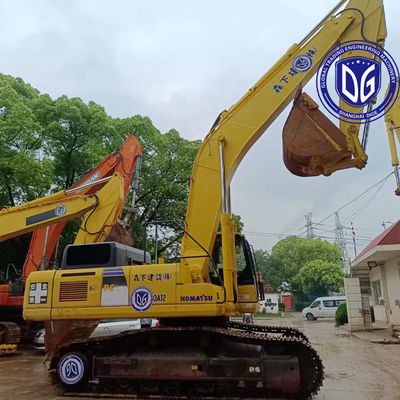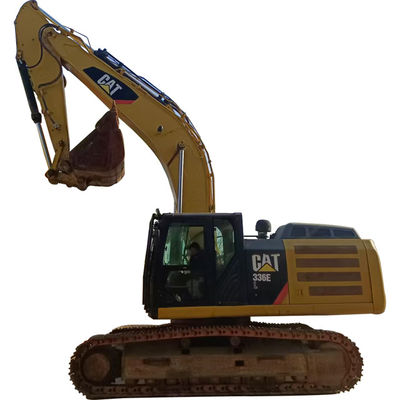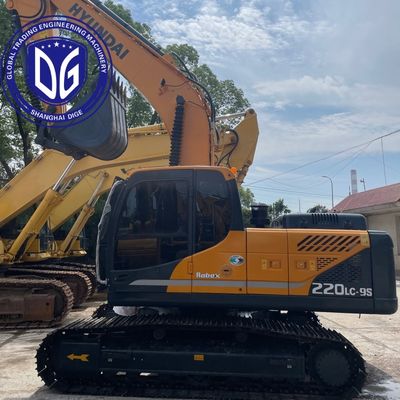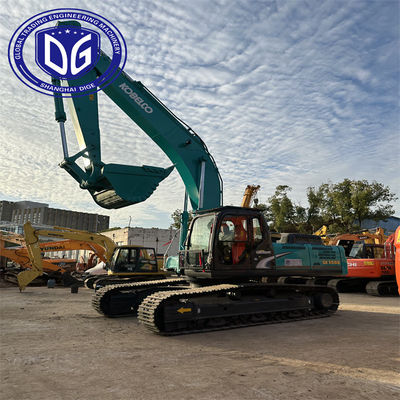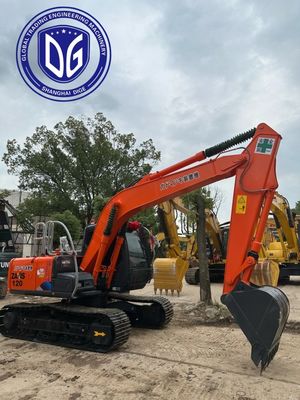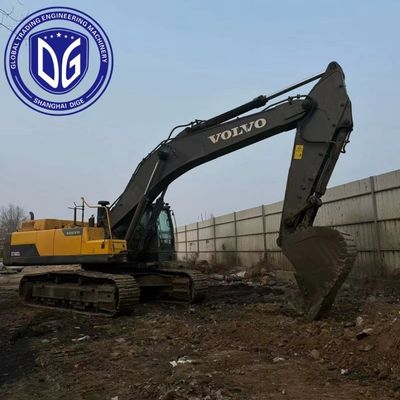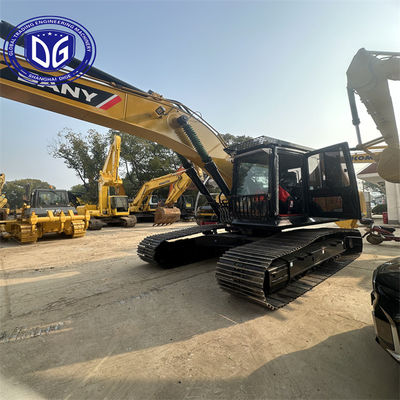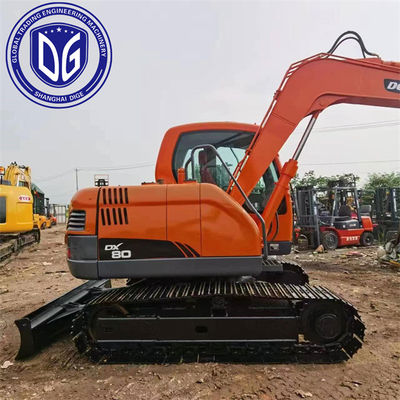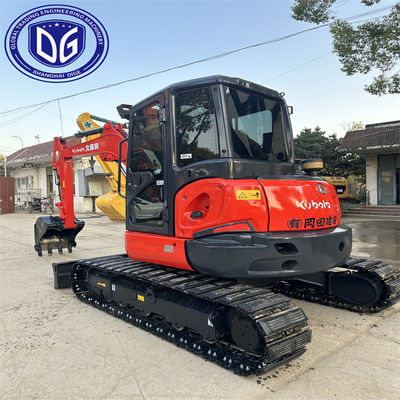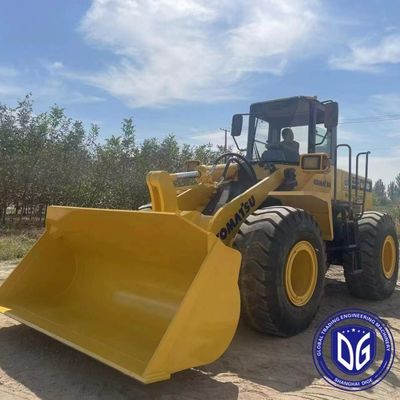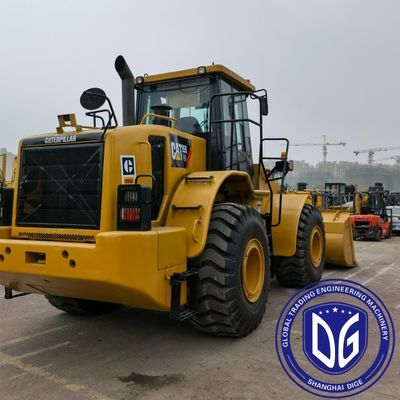How to Inspect a Used Wheel Loader Before You Buy
By Sam from Dige International Trading
Understanding Inspection Essentials for Used Wheel Loaders
When it comes to purchasing a used wheel loader, inspection is not optional—it’s essential. These powerful machines are critical for handling heavy loads, moving materials, and boosting productivity on construction sites. But if you skip a proper inspection, what looks like a bargain could quickly turn into a financial headache. So what should you check? How do you spot hidden issues? In this guide, we’ll walk through the key steps of inspecting a used wheel loader before you buy.

What Should I Check in a Used Wheel Loader?
Start with the engine—the core of any heavy equipment. Watch for excessive smoke, odd noises, or oil leaks. Check the fluid levels and look for signs of contamination or neglect. A worn engine may run, but it won’t perform efficiently under stress.
Next, examine the hydraulic system. Test the boom and bucket for smooth movement. Jerky or slow response may point to internal leaks or worn pumps. Inspect all hoses and cylinders for leaks or damage.
The transmission is another high-cost component. During a test drive, notice any slipping, delayed gear engagement, or clunking sounds. These are signs of internal wear and can result in costly repairs.
Why Is Undercarriage and Frame Condition So Important?

The undercarriage and frame directly affect performance and stability. Check the tires or rims for deep cuts, uneven wear, or cracks. Replacing industrial-grade tires is expensive, so this matters more than many buyers realize.
Inspect the frame and articulation joints for cracks, rust, or weld repairs. These can be signs of previous damage or overloading. The center pivot should be tight and well-lubricated—excessive play here leads to alignment and steering issues.
Also examine the bucket and linkage. Loose pins or worn bushings reduce digging efficiency and increase wear on other parts. Replacing these may require more than just minor maintenance.
How Do I Evaluate the Value of a Used Wheel Loader?
Start with the machine’s age and operating hours. Wheel loaders with fewer hours and good service history tend to hold higher value. However, hours alone don’t tell the whole story—some high-hour machines are well-maintained, while low-hour ones may be neglected.
Always request a maintenance log. Look for signs of regular oil changes, filter replacements, and major overhauls. A clean record shows responsible ownership and better long-term reliability.
Lastly, research market value for the specific model. Compare with similar machines online. If the price is unusually low, investigate why—there may be hidden damage or upcoming maintenance needs.
Common Risks When Buying a Second-Hand Wheel Loader
Used wheel loaders can hide expensive issues. Hydraulic failure, transmission slipping, and frame fatigue are common in machines that have been overworked or poorly maintained.
Beware of wheel loaders that have been exposed to corrosive environments, such as salt mines or coastal projects. Corrosion can eat away at essential components and go unnoticed until it’s too late.
Another major concern is electrical systems. Make sure all gauges, lights, warning indicators, and backup alarms are functional. Electrical repairs can be frustrating and time-consuming.
Where to Buy Quality Used Wheel Loaders?

Start your search on trusted construction equipment platforms and online marketplaces. But beyond price comparisons, make sure the seller provides inspection reports, maintenance records, and warranty options.
At Dige International Trading, we specialize in exporting reliable used wheel loaders that meet rigorous quality standards. Every machine we offer is inspected by professionals and backed by transparent documentation. Whether you’re buying for domestic use or international projects, we help you make the right investment—without hidden costs.
Used Wheel Loader Inspection (2)
At Dige International Trading, we ensure every used wheel loader undergoes a comprehensive inspection process before listing. We believe in full transparency, excellent value, and helping our clients make confident purchasing decisions. Contact us today to find the best solution for your project!
Talk to our team now for expert support and reliable equipment
Follow us on YouTube for more heavy machinery tips
More recent articles
Used Bulldozer Buying Guide: What You Must Know Before You Buy

 Your message must be between 20-3,000 characters!
Your message must be between 20-3,000 characters! Please check your E-mail!
Please check your E-mail!  Your message must be between 20-3,000 characters!
Your message must be between 20-3,000 characters! Please check your E-mail!
Please check your E-mail! 
